With so many types of dental lab burs out there, it pays to consider a few points to ensure that you select the one best suited to the task at hand. The specific bur you require will depend on the nature of the dental work you’ll be undertaking – for example, if you’re installing a porcelain veneer, a different type of bur would be required than when placing a tooth filling. To aid in your choice, here are some pointers to bear in mind:
To ensure success with your dental project, first and foremost, you will want to identify the specific type of work you are intending to perform. Once you have a grasp of what type of dental activity awaits you, you will be better prepared to select the right bur specifically designed for that purpose. A little bit of wise shopping in advance can save a major headache when it’s time to start.
The scope of your dental procedure will dictate which type of bur is needed. For instance, a miniature filling will require a distinct bur compared to one used for treating more extensive cavities.
The kind of tooth being worked on affects the type of bur you require. For example, a bur that is suitable for a molar is unlike any necessary for an incisor.
The type of material your project involves will be instrumental in deciding the type of bur you require; for instance, if you are dealing with porcelain, you should look for a certain bur that differs from what is needed when you’re utilizing composite resin.
When deciding on which dental lab burs you should use, a variety of elements will be taken into consideration, particularly the kind of dental work you are undertaking. If, for example, you are carrying out a procedure that requires a porcelain veneer, a different type of bur will be required than if you were striving to fill a tooth. Here are a few factors to consider:
Prior to purchasing burs, ensure that you are aware of which form of dental work you will carry out. Your knowledge of this point will dictate which type of bur is ideal for your particular project.
Depending on the extent of the dental work being done, one must choose an appropriate bur. For example, if carrying out a minor job such as a filling, then there is a specific practice of rotary instrumentation, however, such is not the same in instances that are more extensive.
Depending on the particular tooth that needs care, the corresponding bur must be used. For example, if treating a molar, an appropriate bur will vary from that being utilized for an incisor.
The material you seek to manipulate can determine the sort of bur that you will need; for example, a bur designed for porcelain may not be suitable for working with composite resin.
When selecting dental laboratory burs, bear these points in consideration to guarantee you select the right bur for the task at hand.
Related Product
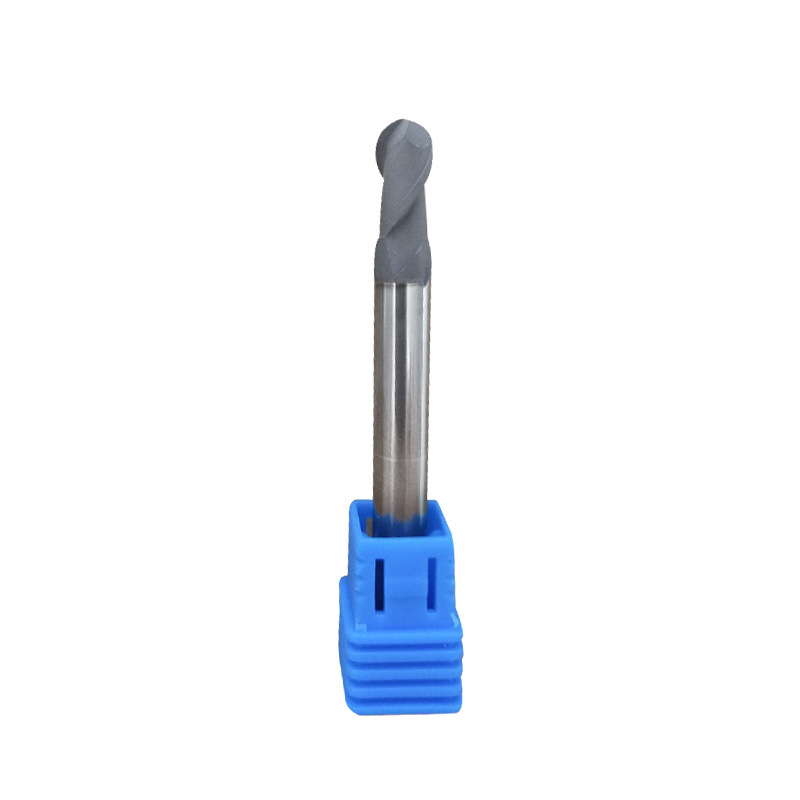
Diamond Coating Round Diamond Cutters
Product Information Origin Tianjing, China Series U Series Brand MSK Cutting Edge Form Helical Structure Ball Diameter (Mm) 3 Material Carbide Minimum Cutting Diameter At Th […]
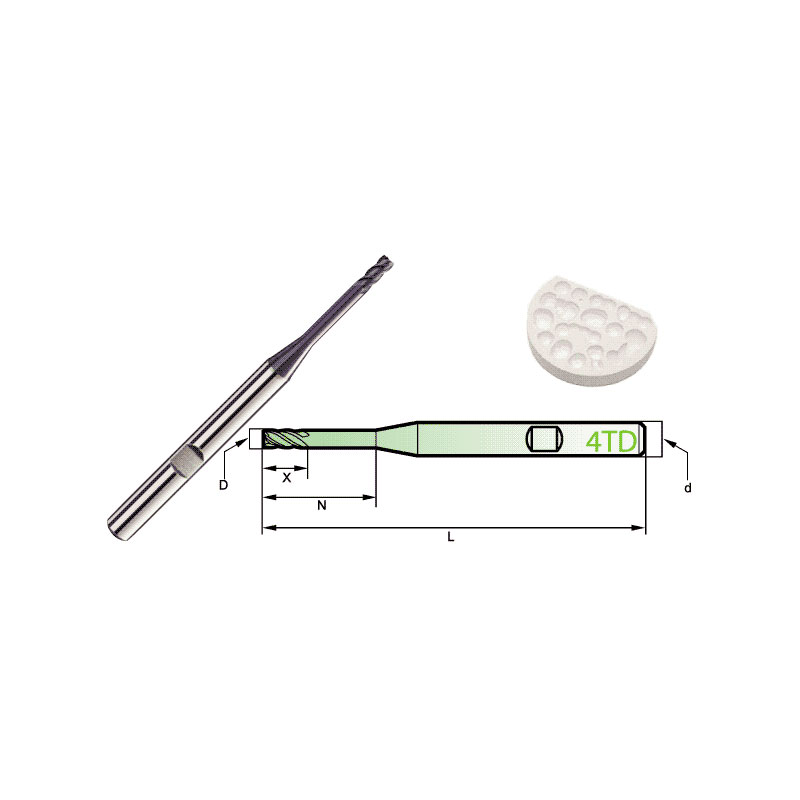
Carbide Roland CAD/CAM Burs
Product Information Origin Tianjing, China Brand MSK Number Of Blades 4 Product Name Dental Special 4-Blade End Mill Model D Number Of Blades Z X N L d 4TD2060HB 2 4 […]
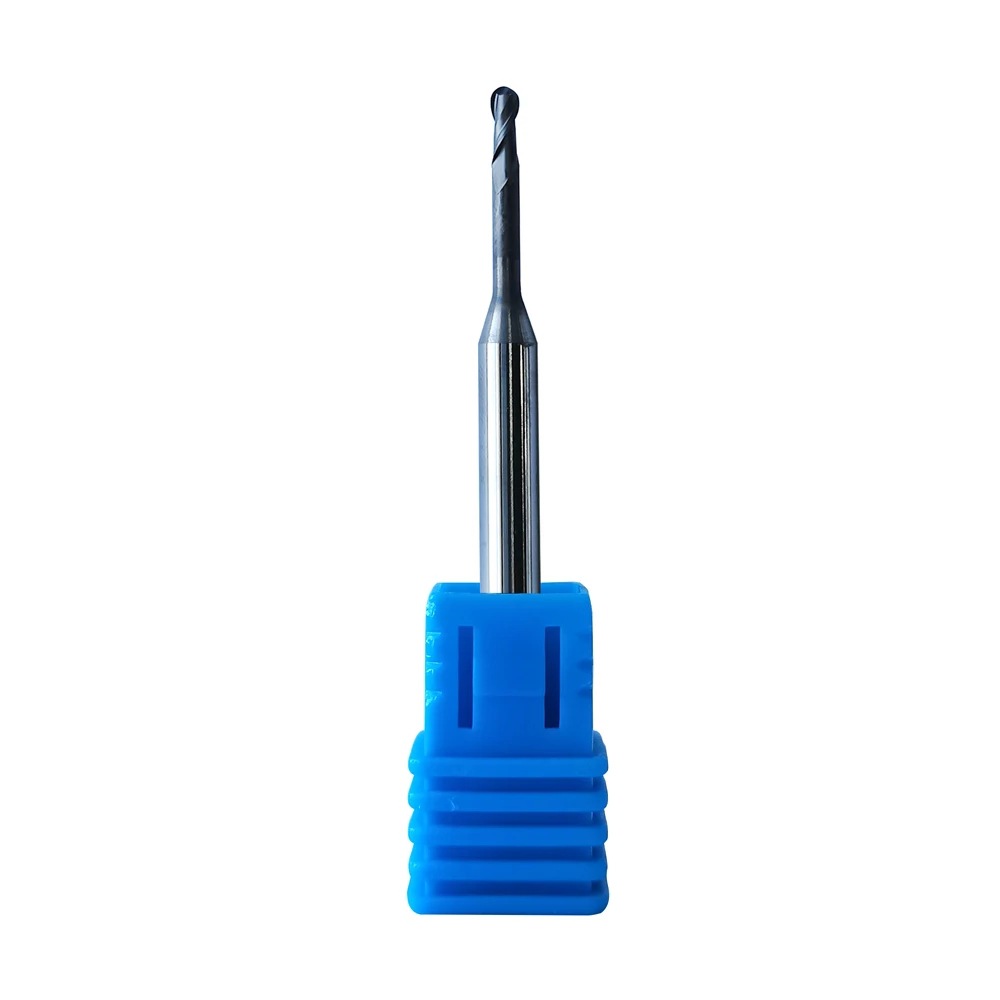
Supply Roland DLC Zirconia Burs
Product Information Origin Tianjing, China Series Dental Bur Brand MSK Cutting Edge Form 2 Blade/3 Blade Ball Diameter (Mm) 0.6, 1, 2 Material Very Fine Grained Cemented Car […]
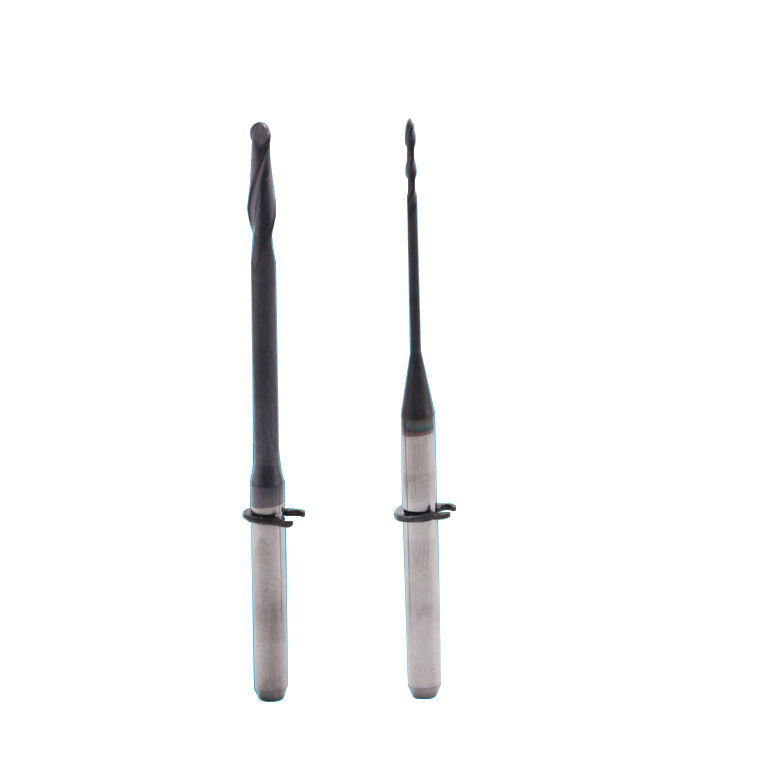
Dental CAD/CAM Milling Burs
Product Information Origin Tianjing, China Material Stainless Steel Brand MSK Applicable Machine Tools A Variety Of Options Custom Processing Yes Whether To Coat No Is It a […]
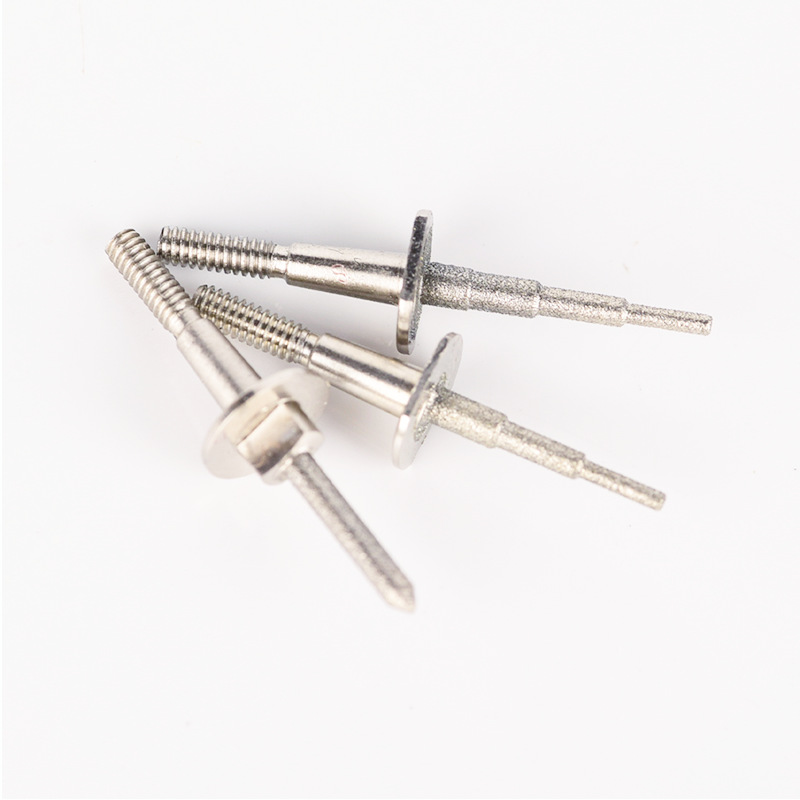
Step Bur Milling Bur Grinder for Glass Cerami
Product Information Origin Tianjing, China Shank Diameter 1.8 (mm) Brand MSK Scope Of Application CEREC3 Grinding Equipment Material Stainless Steel/Carbide Main Sales Areas […]
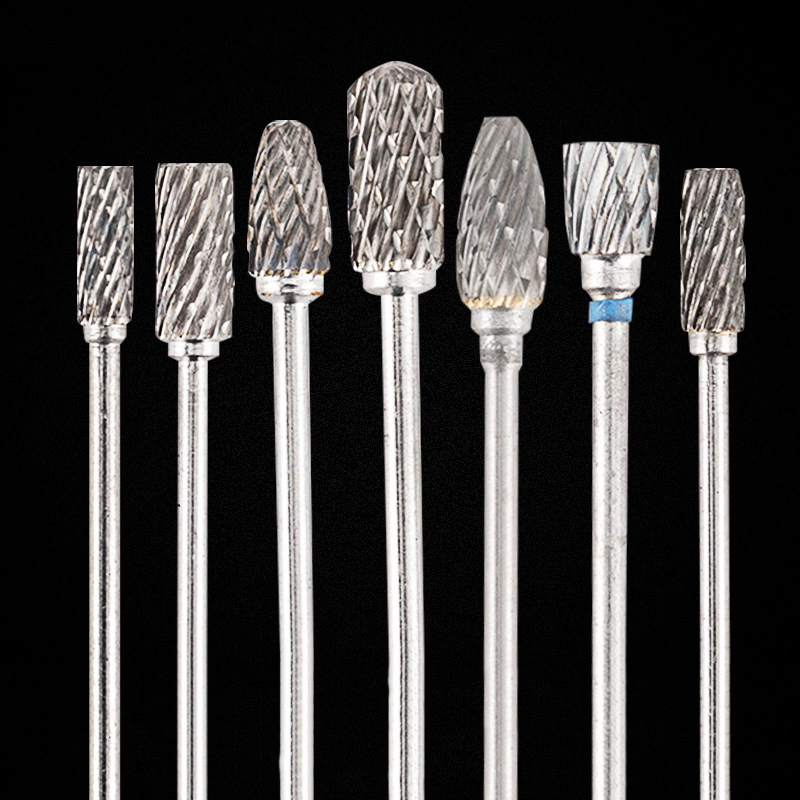
HP Deburring Carbide Burs
Product Information Brand MSK Material Tungsten Steel Model Grinding Head Custom Processing Yes Feature: The dental grinding head is made of tungsten steel with stabl […]
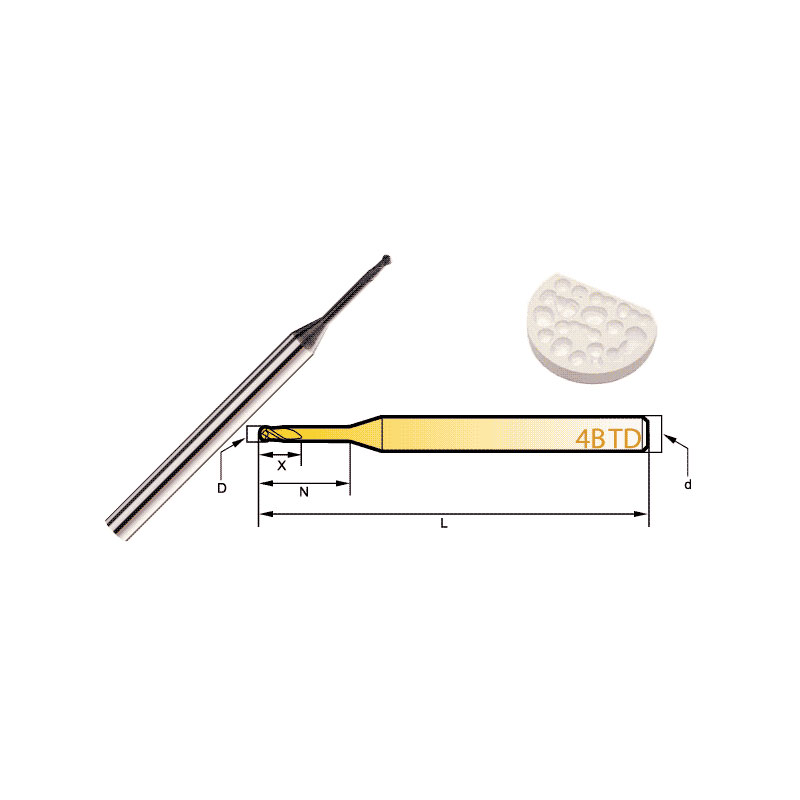
Diamond Bur Ball Round
Product Information Product Name Dental 4-Flute Ball End Mill Brand MSK Model D Number Of BladesZ X N L d 4BTD2060 2 4 6 6 50 3 4BTD2010 2 4 6 10 50 3 4BTD2016 2 4 6 […]
Post time: 2023-06-09
